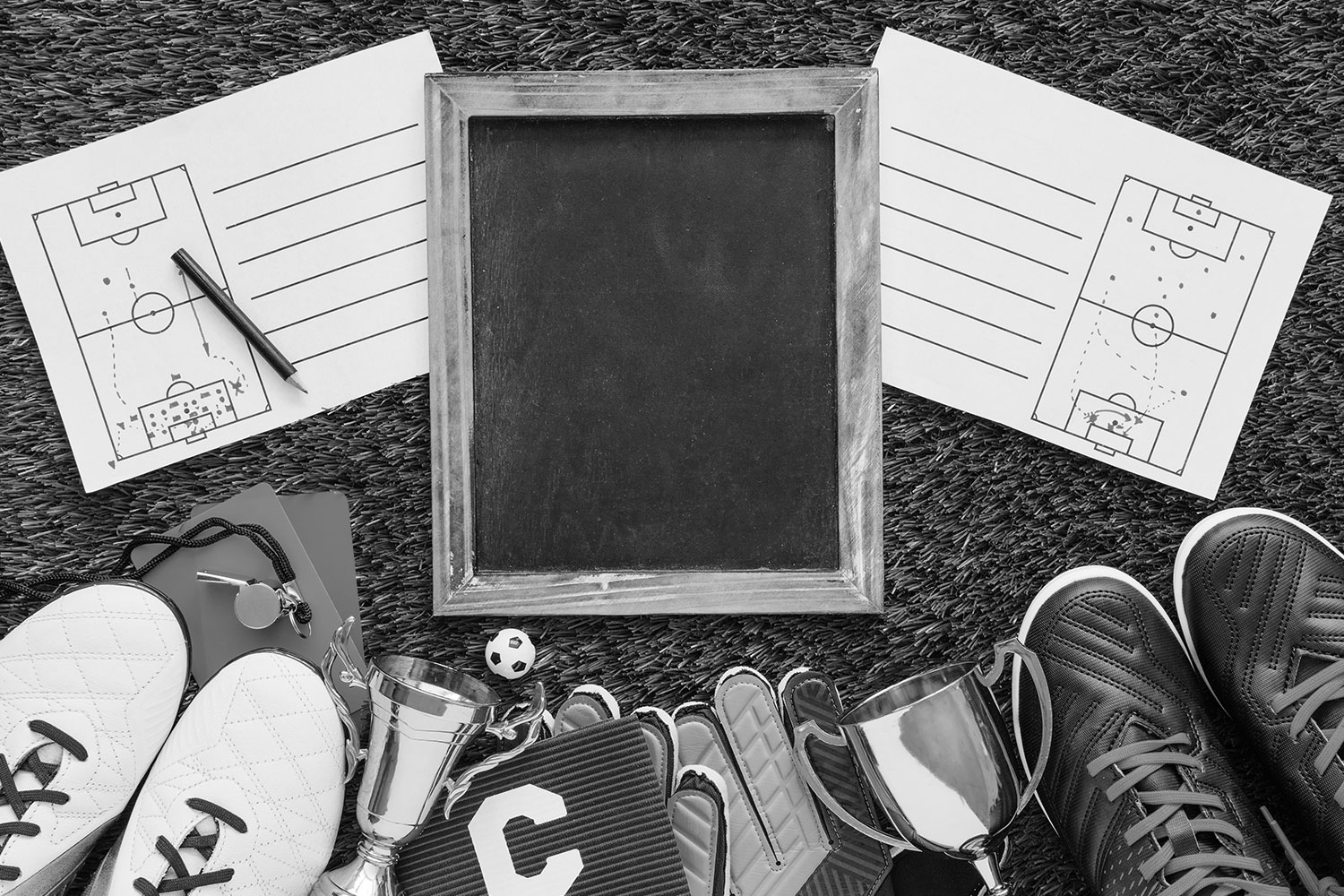Sports Law and Sports Disputes
What is Sports Law?
Sports Law deals with the legal regulations regarding sports activities and the legal issues that arise in this field. The main purpose of sports law is to ensure that sports take place in a fair and orderly environment and to regulate the relations between athletes and other stakeholders. Sports law usually includes topics such as sports rules, doping controls, transfers, contracts, disciplinary penalties and commercial aspects of sport.
Sports Law covers many topics such as the commercial aspects of sports, athletes’ rights, relations between clubs, duties and responsibilities of federations. Let’s examine some basic terms for an in-depth understanding of sports law:
Basic Concepts of Sports Law
Athlete Contracts and Transfers: Athlete contracts regulate the legal relationship between athletes and clubs. These contracts usually include athlete rights, club obligations, salaries, bonuses, transfer fees and performance criteria. Transfers refer to the movement of athletes from one club to another and are regulated by national and international transfer rules.
Sporting Rules and Disciplinary Penalties: Sporting rules determine the way sport is played, the penalties for violating the rules and the order of competition. Disciplinary penalties can be imposed if athletes, clubs or federations do not comply with the rules. These penalties can usually take the form of fines, bans or reduced performance.
Doping Controls: Doping in sport refers to the use of banned substances. Doping control involves tests to determine whether athletes have used banned substances. Athletes who fail to comply with doping control can be penalized and disqualified from achievement.
Sports Arbitration Boards: Sports arbitration boards play an important role in the resolution of sports disputes. International arbitration tribunals are specialized institutions established to independently resolve national and international sports disputes. They are usually composed of arbitrators who specialize in sports law and make a fair decision between the parties.
Sports Disputes and Remedies
Sports disputes often arise as a result of violations of the rights of athletes, clubs or federations. These disputes can be resolved in different ways:
Conciliation and Negotiation: The first step in resolving disputes is usually to reach an agreement between the parties. When reconciliation is not possible, mediation or negotiation processes may come into play.
Courts: Courts can be used to resolve disputes. Courts decide according to sports law and local laws. However, it is important that courts are not preferred for the resolution of sports disputes in order for sports to continue in a fast and effective manner.
Sports Arbitration Boards: Especially in international sports disputes, sports arbitration boards are preferred. These boards decide quickly and act according to international sports rules.
The Importance and Future of Sports Law
Sports law ensures that sports take place in a fair and orderly environment. It protects the rights of athletes, ensures compliance with the rules and contributes to the development of sports. In the future, sports law is expected to develop further with the effect of technology and to establish international standards.
In conclusion, sports law and sports disputes are a broad field and it is important to understand the legal terms correctly. Seeking advice from a lawyer specialized in sports law can help resolve disputes effectively. It is important that legal processes are managed correctly in order for sports to take place in a fair and orderly environment.

